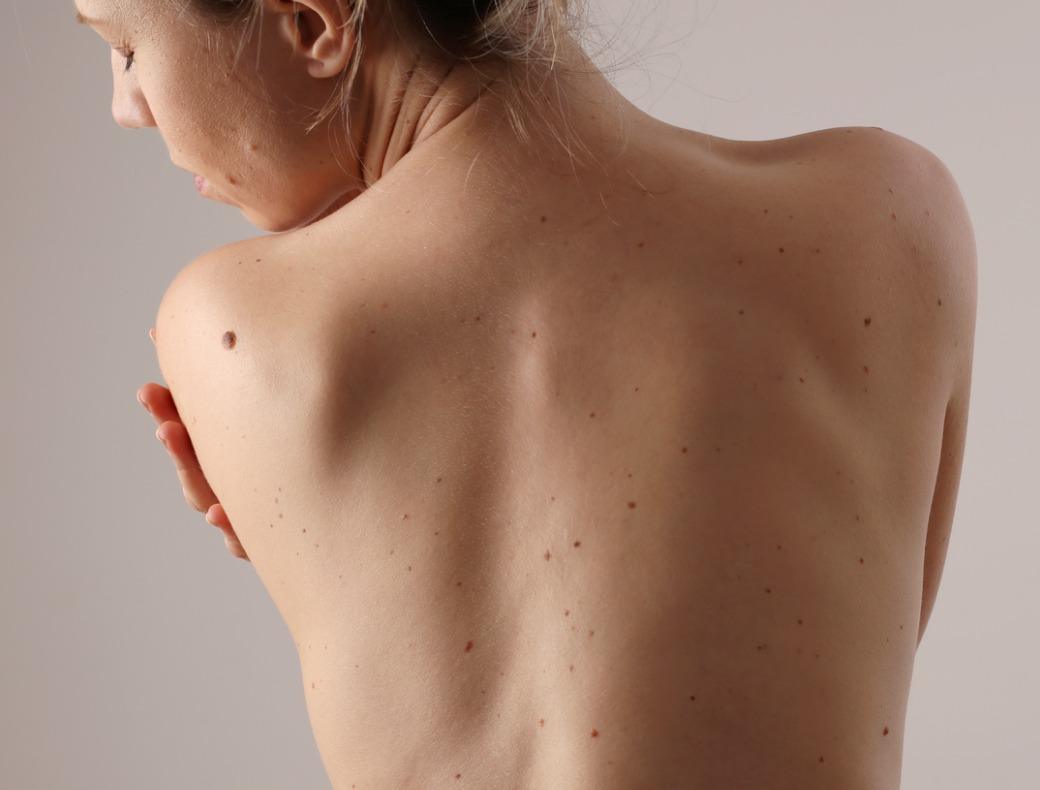
A full body skin cancer consultation is the best option if you have many areas of concern, however, a Spot Check at Skin Institute could bring you much needed peace of mind if you have only 1 mole or spot that’s concerning you.
When you book a spot check at Skin Institute, these are the things to keep in mind:
Some terms & conditions apply*.
Prior to your appointment, you must have identified the one mole or spot to be checked by your provider.
If the spot is identified as being a possible skin cancer, our Nurse Dermoscopist will discuss the options with you. Your Nurse Dermoscopist can undertake a biopsy or cryotherapy and generally we can do this at the clinic at the time of your consultation. Your Nurse Dermoscopist will refer you to one of our Skin Cancer Doctors or specialist surgeons if more advanced treatment or surgery may be required.